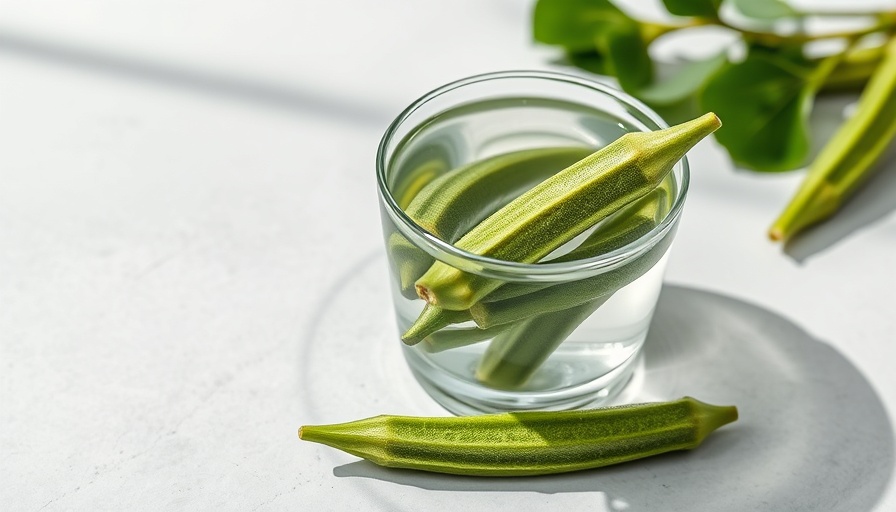
Understanding the Okra Water Craze
In recent months, TikTok has taken the wellness world by storm with its latest trend: okra water. This trend suggests that by soaking raw okra pods overnight and consuming the infused water, individuals may experience benefits such as improved blood sugar regulation, enhanced gut health, and assistance with weight management. But does the scientific community see merit in these claims?
Nutritional Benefits of Okra
Okra, known for its rich nutrient profile, is celebrated for containing essential vitamins K and C, along with significant amounts of folate, B6, manganese, and thiamin. At only 33 calories per cup, it serves as a highly nutritious, low-calorie option. Angela Graham, a registered dietitian, shares that the soluble fiber found in okra can help stabilize blood sugar levels, while its prebiotic properties may support healthy gut flora through a gel-like substance known as mucilage. Furthermore, polyphenols present in okra have antioxidant properties, which contribute positively to heart health by potentially lowering inflammation and controlling blood pressure.
The Transfer of Nutrients: Okra vs. Water
Despite the advantages of consuming whole okra, the question remains as to how effectively its nutrients are transferred into water. Graham notes that while the vegetable itself offers numerous benefits, the efficacy of okra water in delivering these nutrients is uncertain. Limited scientific data on this trend invites skepticism, challenging the notion that merely drinking okra-infused water can yield the same benefits as consuming the fresh vegetable.
Is Okra a Miracle Solution?
While embracing new trends can be part of a healthy lifestyle, it’s essential to remain cautious. Okra water may not be the miracle solution it’s touted to be. As always, leveraging a balanced diet rich in a variety of fruits and vegetables may be a more effective approach to health management and disease prevention.
Explore More Health Trends
If you’re curious about other health trends or looking for more comprehensive ways to enhance your wellness, consider reaching out for personalized advice. Call us today at 984-238-6164 or email us at tom@mywellnesstrain.com for expert guidance tailored to your health needs.
 Add Row
Add Row  Add
Add 




Write A Comment